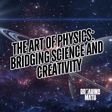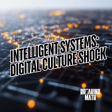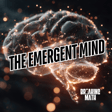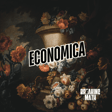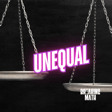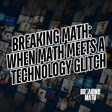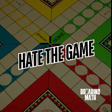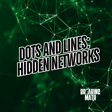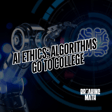
Robin Hood Math
In this episode of Breaking Math, Dr. Noah Giansiracusa discusses his book 'Robin Hood Math', emphasizing the importance of mathematical literacy in navigating an algorithm-driven world. He explores how math can empower everyday people, the writing process behind his book, and practical applications of math in daily life, including social media algorithms and financial decisions. The conversation highlights the simplicity of the math that truly matters and encourages listeners to reclaim agency through understanding mathematics.
Takeaways
- Math is a powerful tool that can empower individuals.
- The concept of Robin Hood Math aims to redistribute mathematical knowledge.
- Mathematical literacy is becoming as essential as reading.
- Algorithms are deeply embedded in our daily lives, influencing decisions.
- Understanding expected value can improve decision-making.
- Averaging guesses can lead to better predictions.
- Social media algorithms prioritize engagement, affecting content visibility.
- Credit scores are calculated using weighted sums of various factors.
- Many important mathematical concepts are simpler than they appear.
- Mathematical literacy can help close equity gaps in society.
Chapters
- 00:00 Monetizing Social Media for Educators
- 02:25 The Birth of Robin Hood Math
- 05:18 Empowering the Everyday Person with Math
- 08:01 The Writing Process and Surprising Discoveries
- 10:37 Practical Math Lessons for Everyday Life
- 13:22 Understanding Algorithms in Social Media
- 21:56 Understanding Engagement Algorithms
- 24:28 The Impact of Mathematics on Financial Decisions
- 29:54 Empowering Through Mathematical Literacy
- 32:23 Exploring Key Themes in Mathematics
Follow Noah on Twitter, BlueSky, Instagram, LinkedIn and on his Website
Subscribe to Breaking Math wherever you get your podcasts.
Become a patron of Breaking Math for as little as a buck a month
Follow Breaking Math on Twitter, Instagram, LinkedIn, Website, YouTube, TikTok
Follow Autumn on Twitter and Instagram
Become a guest here
email: breakingmathpodcast@gmail.com


